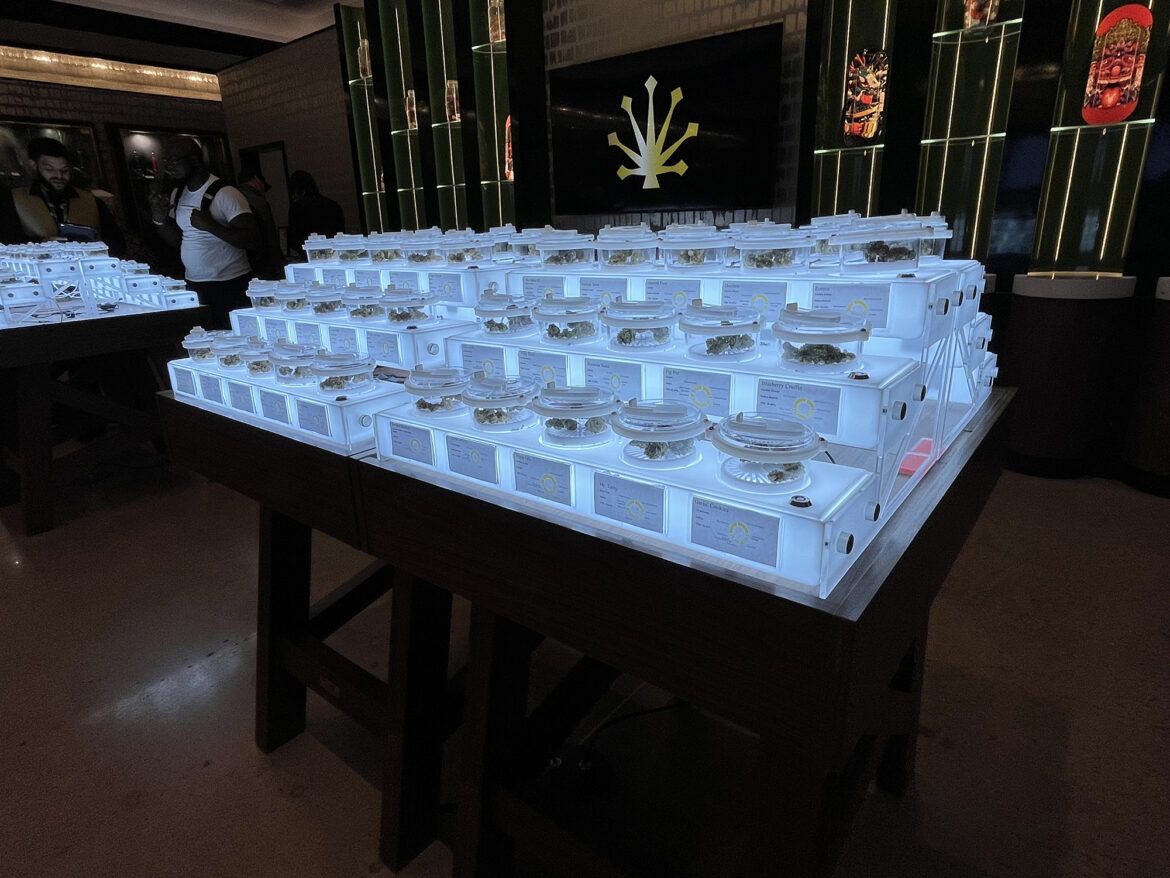High Ideas: How Cannabis Fuels the Modern Creative Mind
In art studios, recording booths, writers’ retreats, and Silicon Valley boardrooms, one ancient plant keeps sparking new ideas—cannabis. Once buried in stigma, cannabis is now openly embraced by a generation […]





